Diego Pineda
Diego holds a master's degree in science and technology journalism from Texas A&M University and work as a science writer for Immunizations for the Public Health (I4PH), a Texas-based nonprofit corporation that provides information services on vaccines and immunizations. He enjoys writing about genetics, bioethics, and physics -- both in English or Spanish.

Science Facts Written by Diego Pineda
Embryo Transfer and Cloning
Scientists use embryo transfer technology to obtain more offspring from a genetically superior animal. For instance, if a farmer owns a cow that produces excellent milk and wants more cows to produce ... Continue reading
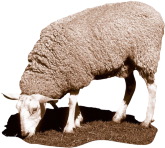
Genetic Testing And Discrimination
Genetic testing is the use of recombinant DNA technology to obtain information about a person's genome. The first genetic tests were conducted during the 1960s for the disease phenylketonuria (PKU). ... Continue reading

What is Herd Immunity?
No vaccine is 100% effective and usually does not work in 5% of those immunized. In addition, another 5% lose immunity after time. That means that, even after you are immunized, you could contract the ... Continue reading

The Dogma of Life
Dogmas are authoritative tenets common in religion and philosophy. But in molecular biology? Molecular biology has a central dogma, proposed by Francis Crick in 1953, that says that genetic ... Continue reading

Cloning and Ethics
Cloning technology today is far from perfect: it requires many attempts and only 1%, if any, of the cloned eggs become embryos and then survive. For example, the first cloned sheep, Dolly, was ... Continue reading
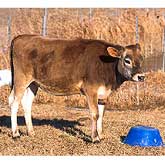
Obesity: How much fat can your genes handle?
According to some experts, the popular formula for weight loss, 'eat less, and exercise more,' is not working for many Americans. Recent estimates say that about 34% of adults and 22% of preschool ... Continue reading
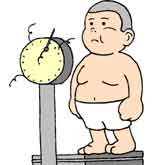
The Incredible Capacity Of The Immune System
By age two, infants in the US can receive up to 20 vaccinations. In view of that, concerns had been raised that too many immunizations could overwhelm an infant's immune system. ... Continue reading
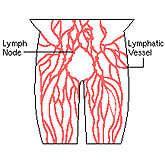
Bacteria Sometimes Catch A Virus
Bacteria sometimes catch a virus. Bacteriophages--'bacteria-eaters'-- or phages, are viruses that use bacteria to multiply. The phage attaches to a bacterium, injects its own genetic material, either ... Continue reading
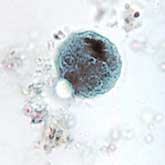
Jumping Starlight
'Twinkle, twinkle, little star, how I wonder what you are,' says the song by Jane Taylor. But stars don’t really twinkle; their light reaches the earth in a steady way. Why then do we see them ... Continue reading

